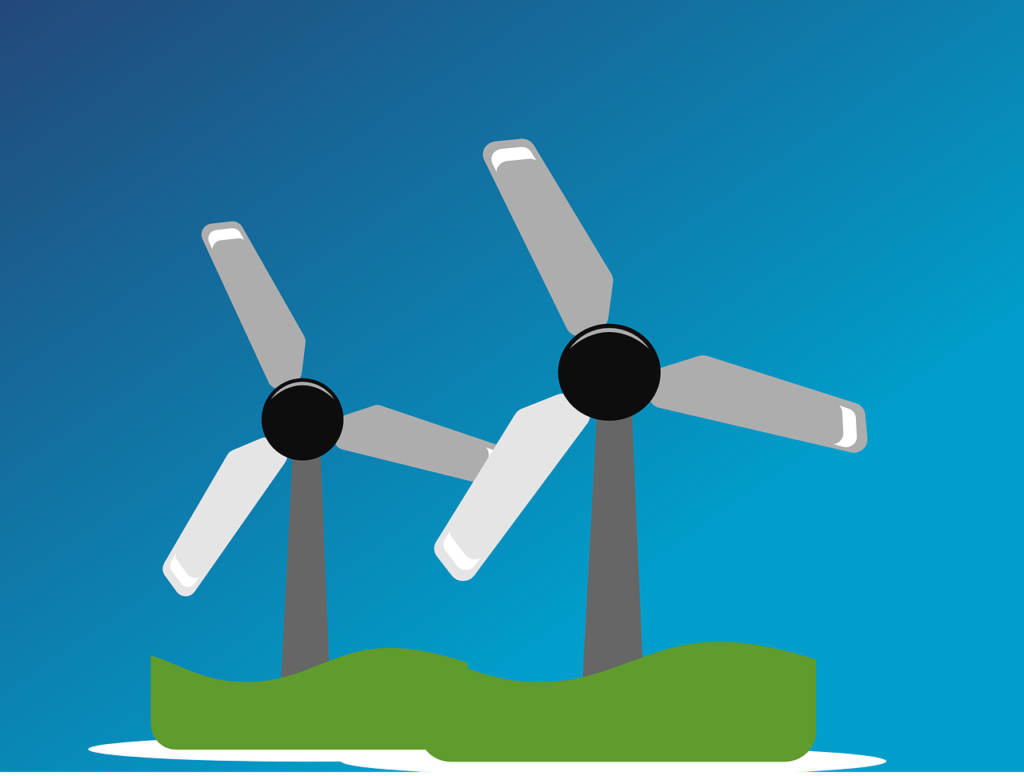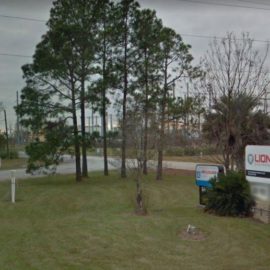
Bob Marshall wrote on the windmill action in the Gulf with the Governors task force and the winds that make it a good site. Today Stephanie Grace seconds his observations saying you either move forward or you move backwards. I prefer the forward movement!
“I thought we were an oil and gas state the whole time I’ve been here,” state Sen. Beth Mizell, R-Franklinton, said in a widely quoted comment during the recent legislative session. And it’s true. Louisiana is indeed an oil and gas state. One that exists in an increasingly renewable energy country, and world. That makes the coming revolution a threat, in the framing of Mizell and many other Louisiana politicians. Indeed, Mizell went on to warn of “choosing solar over oil and gas,” even though the pushback during the session came largely from farmers fearing they’ll lose available land to solar plants, not from oil and gas interests. But it’s also an opportunity, if only the state’s powers-that-be engage with the new energy economy rather than fight changes that are happening no matter what they do.
nola.com
President Biden represents both a push from the top as well as action from the bottom. First he is not at war with oil, which the oil companies say, but rather he looks at renewables as the saving of our planet. Federally, we want carbon net-zero neutrality by 2050. That is the push from the top. The electorate elected him as they also see renewables as being good. Even the Governor is pushing for windmills in the Gulf, so the middle is involved also.
That wind isn’t just metaphorical. Offshore wind power is actually having something of a moment in these parts, which lag far behind other areas in development. With Gov. John Bel Edwards taking a leading role, there’s now a task force of officials from Louisiana, Texas, Mississippi and Alabama exploring the possibility of offshore wind energy in the Gulf of Mexico. This week, Edwards’ administration is hosting a series of online seminars on related issues. GNO Inc. has started GNOwind Alliance to help local players get a piece of the $1 trillion of expected new investment by 2040, by supplying existing projects in the northeast and by eventually developing offshore facilities in the Gulf. As for solar, there’s good reason to believe farmers’ doomsday fears are misplaced. Stephen Wright, executive director of Gulf States Renewable Energy Industry Association, told my colleague Sam Karlin that solar developments would take up less than 1% of available Louisiana farmland in the unlikely scenario in which solar ever became as widespread here as it is in California.
Politicians don’t listen but still fight, which may be a rear guard action, against renewable energy. Mizell says farmers come to him crying because of the competition. House Speaker Clay Schexnayder, R-Gonzales, has proposed legislation to deny tax breaks to wind energy. Some parishes have also passed legislation to curb renewable energy.
A bill by state Sen. Bret Allain, R-Franklin, asking the state to craft regulations for utility-scale solar plants may help resolve questions. But there’s also clearly some work to be done winning over hearts and minds of many in power. That means understanding that economic disruption is inevitable, and being straight with those affected. It means focusing on what’s at stake, not just jobs but the environmental risk of resisting action, in an age of rising seas and more frequent and ferocious storms that leave the state particularly vulnerable. It means understanding that the changes will create winners and losers. Oil and gas will remain a force in Louisiana for the foreseeable future, and there are environmental technologies such as carbon capture that will keep them in the mix.
The reality is that the world is moving in one direction and Louisiana is moving in the reverse direction. This will mean we lose and that is a shame as we can win by looking to the future.


